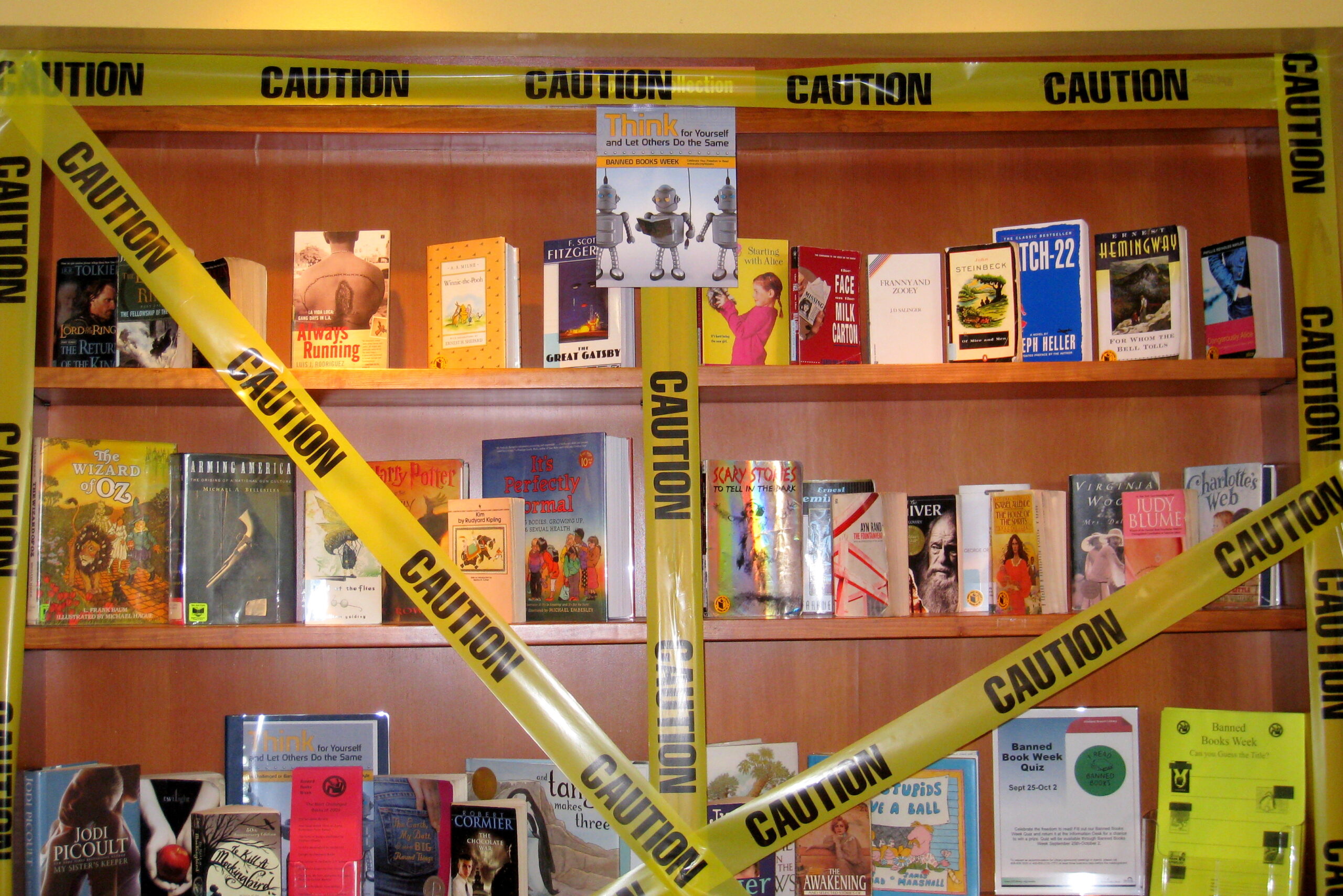If you are a current college student reading this, I ask you to recall your school library when you were a child. Was it filled with interesting chapter books, donning construction paper decorations fitting the season? Were there bookshelves that spanned the wall, or a book nook? Whatever your experience with a classroom or school library in your elementary school was, it certainly is not what Floridian children are facing right now, with teachers being forced to cover their bookshelves so they don’t get sued. Florida is not the only place where constant book bans and challenges have been occurring over the decades, but the last two years have become especially concerning. Most concerning of all is not just that these bans and challenges are happening in the first place, but that they are driving kids away from reading altogether.
One school librarian noted that amidst these book bans, student interest in the school library has taken a sharp downturn. It is also noted in this article that the more books that feature LGBTQIA+ characters get challenged or banned, the less likely the library will be to select books with such characters in the future to integrate into the library. This is not the only reason that children are turning away from the school library. Although it can certainly be understood why children, who either identify with or want to learn about LGBTQIA+ identities, feel discouraged from using the library when they know that books they want to read are not going to be there. In addition to that, some schools have been stalled from acquiring any new books at all during this whole debacle.
The national literacy rate in America is lower than what many might expect: 52% of adults in the United States fall below the “Level Three” section of literacy — which is the level of literacy understanding to function in daily life. This literacy gap is so prevalent that some schools have sent home letters telling parents to not interfere when their children read, or make any indication that reading is a waste of time. In a broader pop culture sense, reading has been given a bad enough rap already, but reading is so crucial to a child’s development that these schools found it necessary to tell parents so.
With ongoing book bans and the lack of new material in the library, it’s no wonder children being impacted by these issues are turning away from the one place where literature is incredibly accessible. Students asking for new books are not able to get them. Students who are part of marginalized communities are finding that the books that display their identities are being removed. With nothing to read, children will turn away from reading entirely. As we’re facing a resurgence in the love of reading thanks to social media, there is no better time to initiate children into the wonderful world of literature, but this cannot happen while state governments force libraries to stagnate for no good reason.
The literacy of the next generation should be a top priority for government officials, but this only proves the opposite so long as book banning occurs. All the red tape shouldn’t be there in the first place. Children and teenagers, and indeed people of all ages, deserve access to literature that will help them empathize with others and expand their worldviews. To promote anything else is to tell the next generation that their literacy does not matter and further increase the number of people who were failed by the education system.








